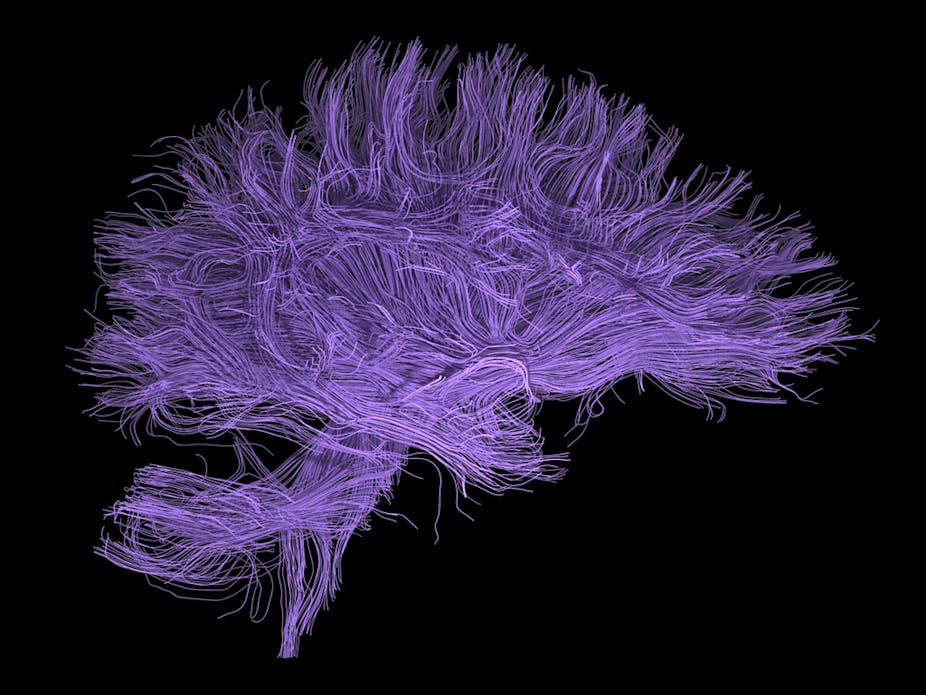In a referendum on 9 February, the Swiss population voted against mass immigration. That outcome will have far-reaching consequences on the position of Switzerland in European research cooperation.
As a result of the vote, negotiations between the European Union (EU) and Switzerland over participation in the Horizon 2020 programme were suspended. Horizon 2020 is the new EU programme for research and innovation with a budget of some £65 billion between 2014 and 2020. But Switzerland can still have a part to play.
The Swiss vote against the free movement of persons indicates that its dramatic consequences for science and technology played no role in people’s decision making process. This shows the urgent need to convey the importance of science and technology research to the public.
The most likely scenario now is that Swiss researchers will be able to participate in Horizon 2020 only under the rules applicable for “third countries”, and therefore not being automatically eligible for funding. This means they will not count towards the minimum number of partners required for a project, and their participation will have to be funded from Swiss sources, probably on a project-by-project basis yet to be decided.
The most severe disadvantages will be that researchers, institutions and companies established in Switzerland will not be eligible to take part in the European Research Council’s (ERC) calls. Individual Swiss researchers will still be eligible to apply and to be awarded an ERC grant if it is hosted in an EU country or one associated with Horizon 2020, such as Turkey, Israel or Norway.
But the positive message is that Horizon 2020’s rules allow institutions from third countries to be project coordinators. The Swiss research success story may yet continue, albeit under less favourable conditions.
At the heart of EU research
Switzerland has been associated to the EU research framework programmes since 2004, providing Swiss researchers with the same status regarding the rules for participation as researchers from EU member states.
As an associated country, Switzerland was an integral and important part of the European Research Area – the European internal market for research which has aims to establish a space of free movement of persons, knowledge and technologies. Back in 2010, EU member states set a deadline to create the European Research Area by the end of 2014. Because of this, the outcome of the Swiss referendum and the perspective of Switzerland’s status regarding Horizon 2020 being “reduced” to a third country, outside the European Research Area, are especially dramatic.
The Swiss science and technology community plays an important role in European cooperation. According to the Sixth FP7 Monitoring Report for 2007 to 2012, which reports each year on the implementation of the European research framework programme, Swiss researchers accounted for more than 3,500 participations.
The European Commission’s (EC) contribution to successful Swiss partners amounted to more than EUR 1,400 billion (£1,155 billion). Swiss researchers are also ranked among the best for success in accessing European funding compared to participants from other countries.
In terms of the number of research projects funded by the EC, the Swiss Federal Institutes of Zurich (ETHZ) and Lausanne (EPFL) occupied the fourth and seventh position among EU higher education institutions between 2007 and 2012. Regarding grants from the European Research Council, ETHZ and EPFL have some 80 grantees each, by far outperforming their colleagues from other European universities of science and technology.
Data from 2013 also shows that researchers from ETH Zurich coordinate more than 120 projects and EPFL researchers are leading about 90 projects. A special highlight is EPFL’s key role as coordinator of the Future and Emerging Technologies (FET) Human Brain Flagship Project involving 80 partners from different countries with the objective to realise a new ICT accelerated vision for brain research and its applications.
Sticking to principles
The free movement of persons is a fundamental EU principle. Therefore, it can hardly be expected that the European Commission will agree on some special arrangements with Switzerland after its referendum.
Of course, one has to wait for the exact conditions the Swiss government will define for the implementation of the public’s decision. However, the Swiss case must not be seen in isolation. Agreeing to some kind of compromise could easily open a Pandora’s box, encouraging governments and populist parties in other countries that the key principles of the EU and of the European Research Area are negotiable.
Whatever the scenario, it will be important that Swiss researchers are encouraged and funded by their national authorities to keep up their level of involvement under the new circumstances. At the same time, the message must be spread to researchers in EU member states and associated countries that Swiss partners are eligible to participate in Horizon 2020 and should be considered as attractive partners in the future. Even informally, Switzerland must remain an important partner in the European Research Area.

